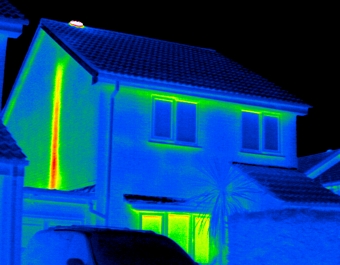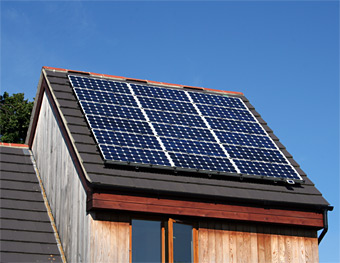This project seeks to apply novel artificial intelligence approaches to develop intelligent agents that will enable domestic consumers to visualise, understand and manage their energy use. It is a three year EPSRC project (EP/I000143/1), which started in October 2010, within the 'Transforming Energy Demand through Digital Innovation' call.
The project brings together expertise in artificial intelligence and software agents, renewable energy and energy efficiency in the built environment, and human factors in the design of automated control and feedback systems at the University of Southampton to address the challenge described above. The initial work in the project has three foci, centering on these three core competencies:
Intelligent Agent Development
This work package will focus on the development of intelligent software agents that are able (i) to learn both the thermal characteristics of the building in which they are deployed and the day to- day behaviour and energy demands of the householders, (ii) to optimise the use of energy given householders' individual preferences regarding cost, comfort and carbon, and (iii) to model the impact of behaviour and building infrastructure changes.
Energy Use Characterisation
This work package will develop the thermal models that the agents will build, providing initial parameters for different classes of buildings to bootstrap the agent's online learning process, in order that the home energy management agent can autonomously model the effects of various interventions (such as behaviour changes or infrastructure changes to the home itself).
 |
It will also characterise the energy consumption and generation of homes, depending on the various forms of heating, renewable micro-generation and storage devices that may be available to the agents within the scenarios considered.
 |
Human Factors in Behaviour Change
This work package will address the fact that it is humans, and not buildings, that consume energy. As such, it will explore how the agents should interact with the householders in order to encourage behaviour change, how the householders' preferences and future demand requirements should be elicited in efficient and nonintrusive ways, and how feedback should be provided when autonomous decisions are made by the agent.
